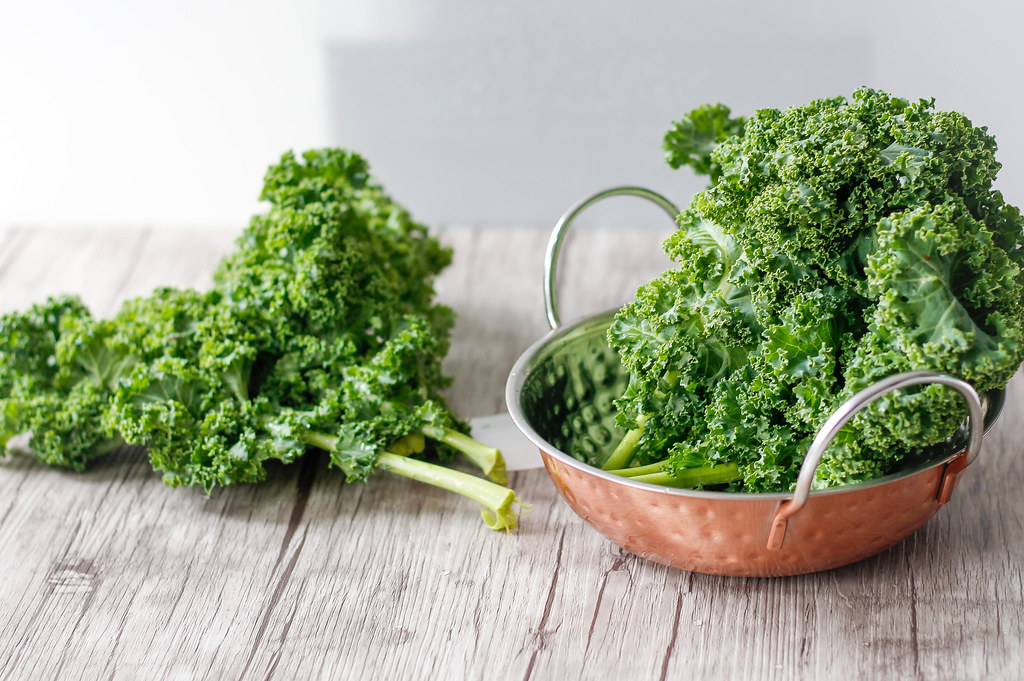The allure of super green supplements, touted as a magic powder promising a myriad of health benefits, has captivated consumers worldwide. However, experts caution against the hype, advocating for a more nuanced understanding of these products and their potential impact on health.
From promises of stronger hair and nails to increased energy and reduced bloating, the marketing of these supplements often paints an enticing picture. Yet, registered dietitians and nutritionists warn that there are simpler and more cost-effective ways to obtain essential nutrients.
Tamsin Hill, a registered dietitian for the NHS, highlights the discrepancy between the marketing claims of leading brands like Athletic Greens and the scientific evidence supporting their efficacy. Despite their popularity and hefty valuations, Hill emphasizes the need for rigorous scrutiny and transparent communication regarding these products’ actual health benefits.

While companies like Athletic Greens and Free Soul tout their scientific formulations and patented ingredients, concerns persist regarding the quality and reliability of the research supporting their claims. Miss Hill raises valid questions about the limited evidence base and the potential exploitation of consumer health anxieties by these companies.
Jenna Hope, a registered nutritionist and author, underscores the importance of maintaining a balanced diet rich in fruits, vegetables, whole grains, and plant-based proteins. She warns against the misconception that super green supplements are essential for achieving optimal health, advocating for a holistic approach to nutrition that prioritizes whole foods over processed supplements.
Despite their appeal, super green supplements come with a hefty price tag, ranging from £1 to £4 per day. This cost can rival a weekly food budget for some individuals, prompting a reassessment of priorities in nutritional spending.
While super green supplements may offer convenience for those with busy lifestyles or dietary restrictions, experts emphasize that they are not a substitute for whole foods. Nichola Ludlam-Raine from the British Dietetic Association advises consumers to prioritize whole foods and consult with a dietitian or nutritionist before incorporating supplements into their diet.
As the market for super green supplements continues to expand, fueled by consumer demand and industry projections, it is essential to approach these products with a critical eye and prioritize evidence-based nutrition for optimal health and well-being.
